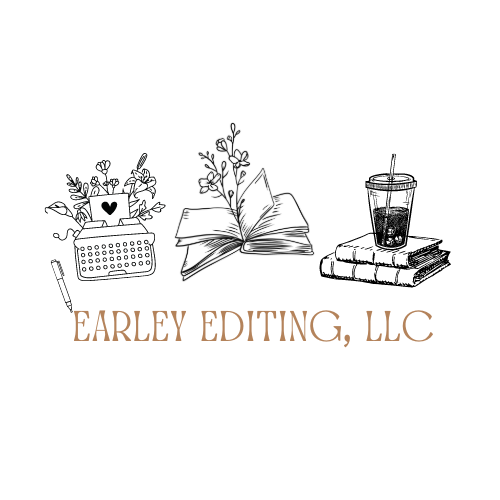Vanity Press: What is it & Why is it an Ill-Advised Publishing Option?
A vanity press, also known as a vanity publisher or subsidy publisher, is a type of publishing company that requires authors to pay for the production and distribution of their books. Because of this, vanity presses have garnered criticism. Authors should be aware of the potential drawbacks before choosing such a publishing route, so we’re listing them here.
Vanity presses often charge authors significant fees for various services, such as editing, cover design, and distribution. These costs can add up quickly and may not always result in a high-quality product. Signing with a vanity press not only puts the financial burden on the author, but there is little reward on return. This is because most vanity presses may not provide a high-level of distribution and marketing. Getting one’s book into a bookstore and urging sales might be more difficult for the author. All of this means that there is potential risk of authors handing over their work, money, and getting little reward in return.
Vanity presses are not as selective as traditional publishing houses. Traditional publishers seek quality work that is marketable in order to ensure they make their money back. Vanity presses, however, mostly publish those willing to pay their price tag. Because the author is the one paying, vanity presses have little holding them accountable to sell copies of an author’s book.
The publisher still profits off your book, even if it doesn’t sell.
Unlike traditional publishers, most authors who sign with vanity presses get to keep the rights to their book. However, they still might have very little control on the creative end of things. This means the author might have little to no say in the cover design, distribution, pricing, etc.
To make matters even more complicated, there are some publishers that charge fees for editing, formatting, cover design, etc. but are also invested in the success of the books they sign with. These are legitimate hybrid publishers. But there are hybrid publishers out there that are really vanity presses.
This means authors have to be careful and read over all contracts and agreements before signing anything with a publisher. Perhaps even get a lawyer involved. Stay vigilant with your book baby!
With all of this in mind, authors should carefully consider before signing with a vanity press and explore alternative publishing options, such as self-publishing, hybrid publishing, or even pursue traditional publishing avenues. Publishing is an important and personal decision, so making an informed decision about how to bring a book to readers, while considering their goals and priorities, is important.
